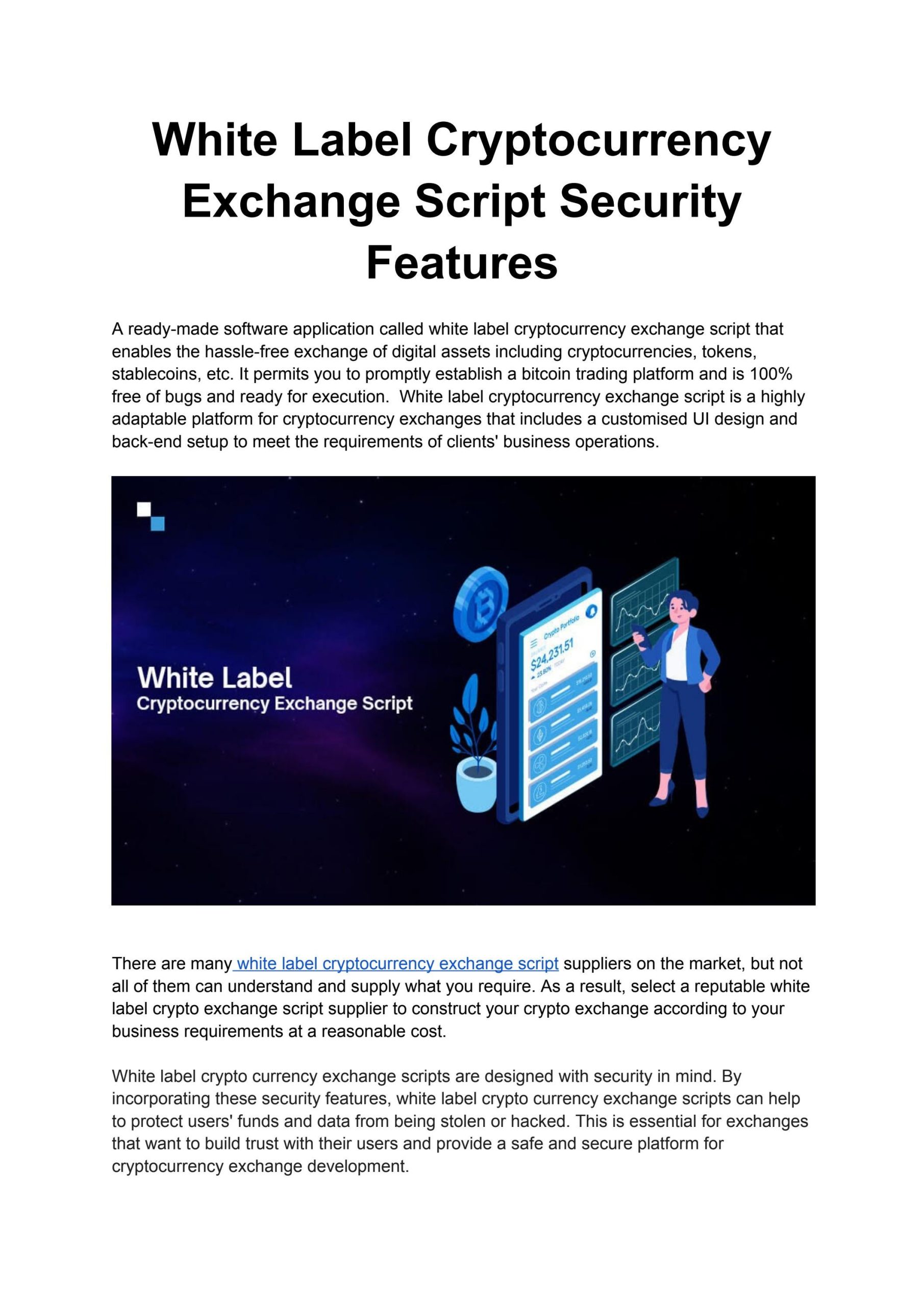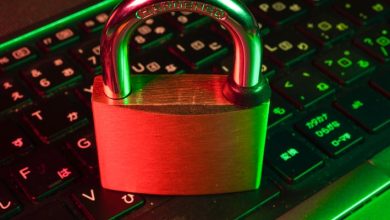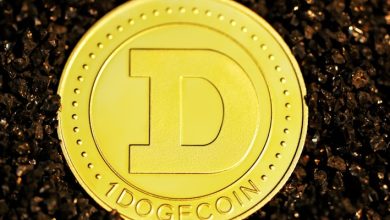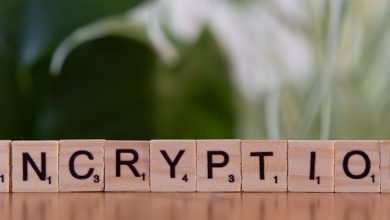Security Features to Look for in a Crypto Exchange

- Understanding the Importance of Security in Crypto Exchanges
- Key Factors to Consider When Evaluating Security Features
- Protecting Your Assets: Best Practices for Choosing a Secure Exchange
- Common Security Threats in Crypto Exchanges and How to Mitigate Them
- Comparing Security Measures Across Top Crypto Exchanges
- Tips for Safely Storing Your Cryptocurrency on an Exchange
Understanding the Importance of Security in Crypto Exchanges
Understanding the significance of security in crypto exchanges is crucial for investors looking to safeguard their digital assets. With the rise in popularity of cryptocurrencies, the number of cyber threats targeting exchanges has also increased. It is essential for users to prioritize security features when choosing a crypto exchange to mitigate the risk of potential hacks and theft.
Security measures such as two-factor authentication, encryption, and cold storage of funds are essential components that reputable exchanges should offer. Two-factor authentication adds an extra layer of protection by requiring users to provide two forms of verification before accessing their accounts. Encryption ensures that sensitive data is scrambled, making it difficult for hackers to decipher. Cold storage involves storing funds offline, away from internet access, reducing the risk of unauthorized access.
Investors should also look for exchanges that have a track record of security audits and compliance with industry standards. Regular security audits help identify vulnerabilities and ensure that the exchange is following best practices to protect user funds. Compliance with regulations such as Know Your Customer (KYC) and Anti-Money Laundering (AML) requirements can also enhance the overall security of the exchange.
By understanding the importance of security in crypto exchanges and choosing platforms that prioritize user protection, investors can minimize the risk of falling victim to cyber attacks. It is essential to conduct thorough research and due diligence before entrusting an exchange with your digital assets to ensure a secure trading experience.
Key Factors to Consider When Evaluating Security Features
When evaluating security features in a crypto exchange, there are several key factors to consider to ensure the safety of your assets. One important aspect to look at is **encryption**. Make sure the exchange uses **strong encryption** protocols to protect your data and transactions from unauthorized access. Additionally, **two-factor authentication** is crucial for an extra layer of security. This feature requires users to provide two different forms of identification before accessing their accounts, making it harder for hackers to breach.
Another factor to consider is the **security** of the exchange’s **servers**. **Secure servers** are essential to prevent **cyber attacks** and keep your information safe. It is also important to check if the exchange has a **secure wallet** system in place. A **secure wallet** will protect your **digital assets** from theft and hacking attempts.
Furthermore, **regular security audits** are necessary to ensure that the exchange’s security measures are up to date and effective. **Regular audits** can help identify any vulnerabilities or weaknesses in the system that need to be addressed. Additionally, **24/7 monitoring** of the exchange’s **security** systems can help detect and prevent any **suspicious activity** in real-time.
In conclusion, when evaluating security features in a crypto exchange, it is important to consider **encryption**, **two-factor authentication**, **secure servers**, **secure wallets**, **regular security audits**, and **24/7 monitoring**. By taking these factors into account, you can help protect your assets and trade with peace of mind.
Protecting Your Assets: Best Practices for Choosing a Secure Exchange
When it comes to choosing a secure crypto exchange, protecting your assets should be a top priority. There are several best practices to keep in mind when selecting an exchange to ensure the safety of your investments.
- Look for exchanges that offer two-factor authentication (2FA) to add an extra layer of security to your account. This will help prevent unauthorized access to your funds.
- Check if the exchange has a good reputation for security and has never been hacked in the past. Research the exchange’s history and read reviews from other users to gauge its reliability.
- Ensure that the exchange uses encryption to protect your personal information and financial data. This will help safeguard your assets from potential cyber threats.
- Consider using a hardware wallet to store your cryptocurrencies offline for added security. This will protect your assets from online attacks and hacking attempts.
- Avoid keeping large amounts of cryptocurrency on exchanges for an extended period. Only deposit funds when you are ready to make a trade and withdraw them to a secure wallet once the transaction is complete.
By following these best practices and choosing a secure exchange, you can protect your assets and trade cryptocurrencies with peace of mind. Remember to prioritize security when selecting an exchange to safeguard your investments in the volatile world of crypto.
Common Security Threats in Crypto Exchanges and How to Mitigate Them
When using a crypto exchange, it is important to be aware of the common security threats that can arise. One of the most prevalent threats is phishing attacks, where malicious actors attempt to steal sensitive information such as login credentials or private keys. Another threat is hacking, where attackers exploit vulnerabilities in the exchange’s system to gain unauthorized access to user accounts. Additionally, there is the risk of insider threats, where employees of the exchange may misuse their access to compromise user data.
To mitigate these security threats, it is essential to choose a crypto exchange that implements robust security measures. Look for exchanges that offer two-factor authentication (2FA) to add an extra layer of protection to your account. Additionally, opt for exchanges that store the majority of user funds in cold storage, as this reduces the risk of funds being stolen in the event of a hack. It is also advisable to use unique and complex passwords for your exchange account to minimize the risk of being compromised through a brute force attack.
Comparing Security Measures Across Top Crypto Exchanges
When comparing **security measures** across **top crypto exchanges**, it is essential to consider various factors to ensure the safety of your **crypto assets**. One crucial aspect to look at is the **exchange’s** **security** protocols, such as **two-factor authentication** and **encryption**. These measures help protect your account from unauthorized access and **hacking** attempts.
Another important consideration is the **exchange’s** **storage** of **cryptocurrencies**. Some **exchanges** use **cold storage** to keep the majority of their **funds** offline, making them less vulnerable to **cyber attacks**. Additionally, **regular security audits** and **penetration testing** can help identify and address any **vulnerabilities** in the **exchange’s** **system**.
Furthermore, **customer support** plays a significant role in **security**. A **responsive** and **knowledgeable** support team can assist you in **recovering** your account in case of a **security breach**. It is also essential to **educate** yourself on **best practices** for **securing** your **crypto assets**, such as **using strong passwords** and **avoiding** **phishing** **scams**.
In conclusion, **comparing security measures** across **top crypto exchanges** is crucial for **protecting** your **investments**. By **evaluating** factors such as **security protocols**, **storage methods**, and **customer support**, you can **choose** an **exchange** that prioritizes the **safety** and **security** of your **crypto assets**. Remember to stay **informed** and **vigilant** to **mitigate** any **risks** associated with **cryptocurrency trading**.
Tips for Safely Storing Your Cryptocurrency on an Exchange
When storing your cryptocurrency on an exchange, it is crucial to follow certain tips to ensure the security of your assets. Here are some guidelines to help you safely store your digital currencies:
- Enable Two-Factor Authentication: One of the most important security features to look for in a crypto exchange is two-factor authentication. This adds an extra layer of protection to your account by requiring a second form of verification in addition to your password.
- Use a Strong Password: Make sure to create a strong and unique password for your exchange account. Avoid using easily guessable passwords and consider using a password manager to keep track of your login credentials.
- Keep Your Account Information Private: Do not share your account information, such as your login credentials or private keys, with anyone. Be cautious of phishing attempts and only enter your information on the official exchange website.
- Regularly Monitor Your Account: Stay vigilant and monitor your account activity regularly. Keep an eye out for any unauthorized transactions or suspicious behavior that could indicate a security breach.
- Consider Using a Hardware Wallet: For an added layer of security, consider using a hardware wallet to store your cryptocurrency offline. This reduces the risk of hacking and theft compared to keeping your assets on an exchange.
By following these tips, you can help protect your cryptocurrency holdings and minimize the risk of security breaches on a crypto exchange. Remember to prioritize security when choosing an exchange to trade and store your digital assets.



